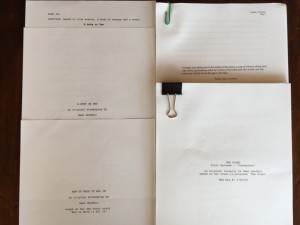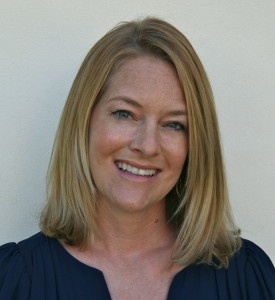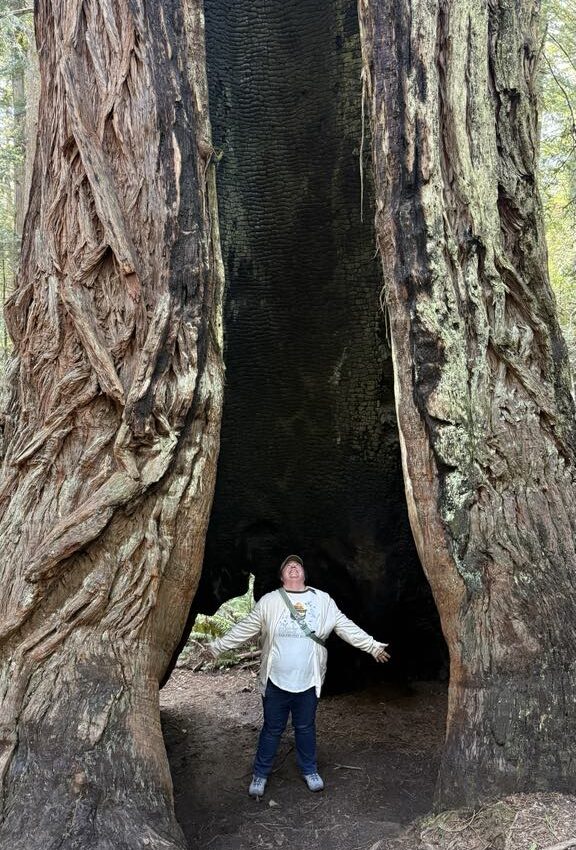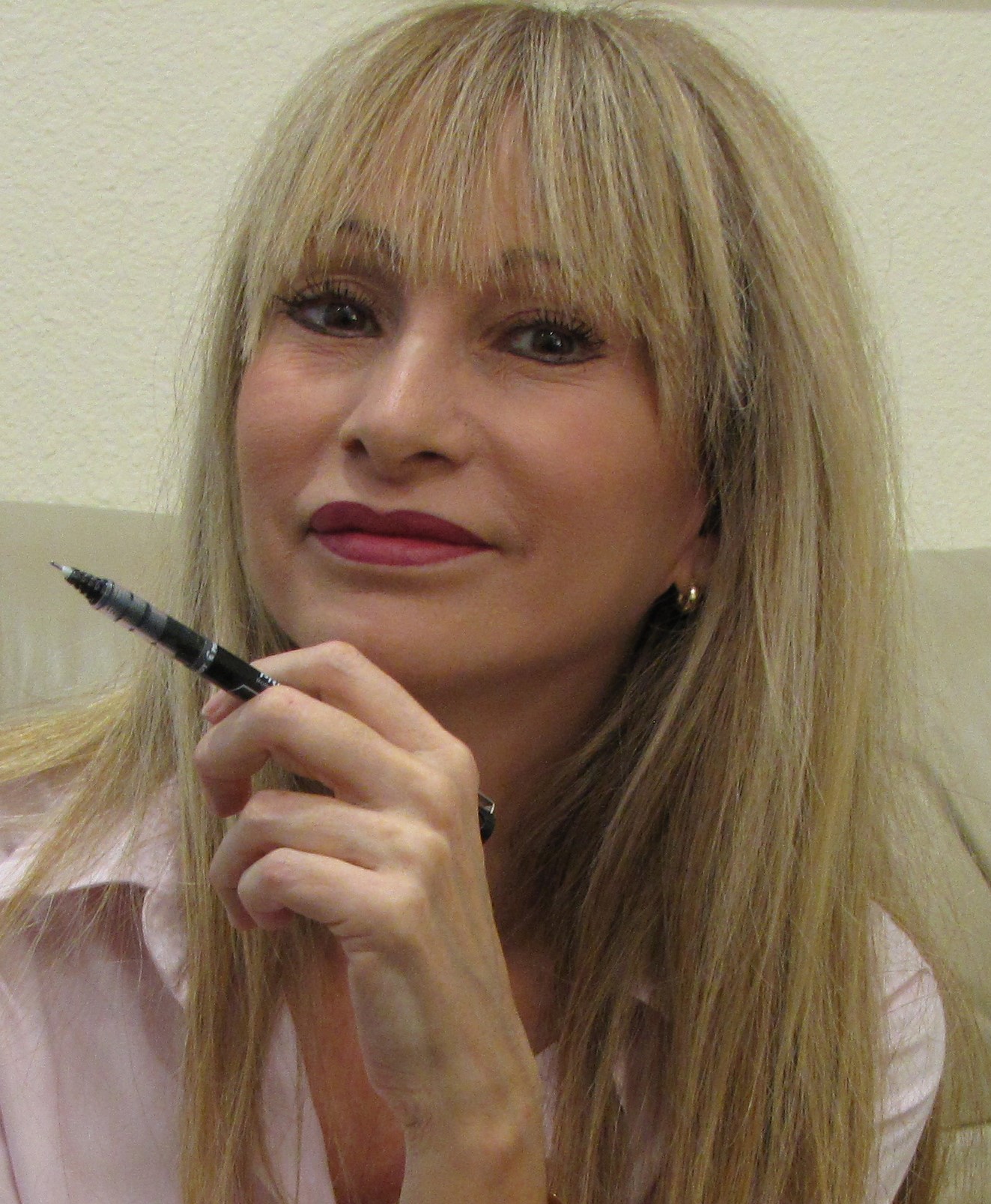It’s likely that anyone who writes in multiple genres has a main genre he or she identifies with first. For me, that genre is fiction. I’ve spent the most time and effort in the fiction realm. I am now to the point where stories emerge from me more fully formed than the stories I wrote five years ago. Fiction is my comfort zone. I’ve studied it extensively, most of what I read is fiction, I understand the mechanics. I know what makes or breaks a story.
When it comes to nonfiction, however, I am still fumbling around in the woods at dusk. I have never taken a nonfiction workshop and, at this point, I never will. At the moment, I am assembling an essay collection called “Mass for the Shut Ins,” subtitled Essays, Letters and a Bite of Stew. Most of the essays and even the hybrid fiction/non-fiction piece, the Stew, started as “prose poems” in a poetry workshop. I tried to write poems, really tried, but a couple weeks into the workshop, I couldn’t help myself and all of my poems turned into prose. Lyric essays to be exact.
What exactly are lyric essays? The best explanation I’ve come up with is that standard essays give readers the point, then spend the rest of the essay supporting that point. From what I can tell, most lyric essays withhold the point. The reason I write lyric essays, I believe, is due to all the time I spent writing fiction. As soon as you give the reader the point of a story, the story is DOA. There’s also something to be said about the essays starting as poetry. It’s my opinion that lyric essays exist at the intersection of fiction, nonfiction, and poetry.
Of all the genres I write in, I am the weakest in technique at screenwriting, because screenwriting is very technical and I am either lazy or believe my own bullshit when I say: I’ll focus on the story now and impose the structure later.

What I like about screenwriting is that I get a break from prose. Sometimes you can just write: “he walks across the room” and not labor over the sentence. It’s entirely possible to write ten pages in a day. What I also like about screenwriting is that it forces you to think externally. Your characters have to either say or show what’s going on. You can’t rely on internal monologues. You also can’t go into a lot of narrative, which is one of my weaknesses in prose. Screenplays are about an economy of words and, in a sense, function a lot like poetry. You could say screenplays – good screenplays – are the poetry of stories. I’ve also said many times that it’s easy to write a mediocre screenplay but really hard to write a great one.
What I like most about working in three genres is that when I’m frustrated in one genre, I can turn to another genre and look at things in a new way or try a new method. Oftentimes, one genre informs the other, i.e., screenwriting helps me with pacing in my fiction or I convert my own fiction to screenplays, so the story foundation is already there.
The main drawback to working in multiple genres is that my focus is split and it’s difficult to finish a project if there’s always a fallback when the going gets tough. But, at the moment, I have an essay collection, a short story collection, a short film, and a feature film ready to go. A few years ago, I was pounding the pavement trying to sell a novel I’d written. That novel was never published. I felt like a failure and wanted to quit writing (I’ve tried to quit writing many times – it keeps pulling me back in). But, after that, I knew I had to keep moving, so I turned to my short stories and found a way out of that disappointment. To have completed projects in all three genres feels like an accomplishment to me.
What I’ve been realizing lately is that more and more, my writing is evolving to incorporate two or three genres in one piece. For instance, the last piece I wrote is a hybrid fiction/non-fiction piece called “Oh, I Imagine” about meeting Kurt Vonnegut. The feature film script that’s the most ready is called “How to Hold it All in,” which I converted from my own short story of the same title. That story has one of my grandfather’s actual war stories in it. All three genres are in one piece of writing. The screenplay I’m working on now is based on the novel I wrote “A Body or Two” but wasn’t able to sell. That script also has a non-fiction, memoir storyline. Again, three genres.
I don’t think it’s an accident that my work going forward is a mix of genres because that’s how we live our lives now. Human gender and sexuality are becoming more fluid. Half of our life is spent interacting with people in the world and half is lived inside our computers and phones. Our lives are a mix of fiction and nonfiction, of celebrity and everyday people. As the dividing lines in life blur, so too will our stories.
 Gwen Goodkin’s writing has been published by Fiction, Witness, The Dublin Review, The Carolina Quarterly, Atticus Review, jmww, The Rumpus and others. She has been nominated for a Pushcart Prize and has won the Black Fox Literary Magazine Contest as well as the John Steinbeck Award for Fiction.
Gwen Goodkin’s writing has been published by Fiction, Witness, The Dublin Review, The Carolina Quarterly, Atticus Review, jmww, The Rumpus and others. She has been nominated for a Pushcart Prize and has won the Black Fox Literary Magazine Contest as well as the John Steinbeck Award for Fiction.
You can read Gwen’s fiction in Black Fox Issue 14.



